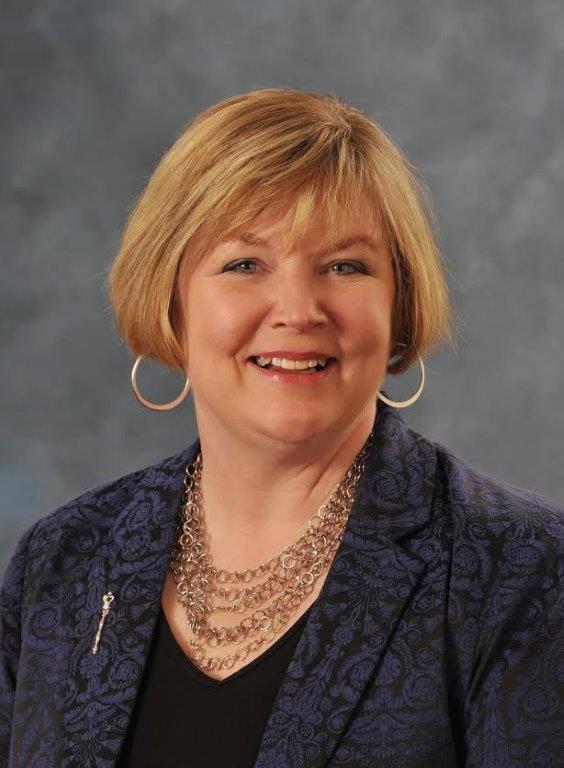
Following is SC House of Representative Republican incumbent Shannon Erickson’s response to why she should be re-elected to serve District 124.
As “Our Community Voice,” I am honored to serve the citizens of South Carolina House District 124. While much of that work is right here at home with constituent services and in the House chamber during legislative session, there is much work during our “off” months too.
During these interims, it is common practice for the General Assembly to have “special” committees tasked with specific areas of concern or interest that needs more in-depth study, citizen input and technical information than is possible during the three-day-week framework we work within.
Two of those issues, the SC Retirement System and state taxes and tax policy, are being examined in the Joint Committee on Pension Systems Review and the House Tax Policy Review Committee, respectively.
The Beaufort region is well represented on committees with Reps. Bill Herbkersman (Bluffton) and Jeff Bradley (Hilton Head), serving on the Pension System Review and Rep. Bill Bowers (Hampton) and myself (Beaufort) on the Tax Policy Review.
It is clear that the South Carolina state employee pension system is not healthy and the cure could be costly to us all. What we know is that the programs in place are putting our financial resources in jeopardy and must not be allowed to continue.
The committee has received information showing the SC Retirement System Investment Commission’s (RSIC) performance declines and costly outcomes. Since the RSIC is responsible for managing the retirement investments of public employees at the state and local level, this affects a large number of citizens directly and all of us as taxpayers indirectly.
What has occurred is a large unfunded liability – the difference between the amount of money needed to uphold contracts with retired employees and the revenue the pension fund is generating to cover those future costs. In a small state with large needs, our responsibility to citizens is to put an end to the bad decision making and poor performance of those on the investment commission who make those calls.
All is not lost, however, due to reforms the General Assembly implemented in the South Carolina Retirement System in 2012. Both the government and public employees are currently contributing enough to rectify this funding deficiency over the course of the next 30 years – so long as the fund meets its goal of 7.5 percent returns.
This unfortunately, is a sticking point, because for the last several years the system has failed to meet its benchmark for returns.
With over a $7.1 billion deficit over the last decade, the system’s current plan to service the fund’s debt at minimal levels (basically planning to make minimum payments to this “credit card” for 30 years), and soaring management fees paid to outsiders ($23 million in 2004 to $468 million in 2014), it is clear that the status quo cannot stand.
With this Review Committee, everything is up for discussion and this laser-focused group will use all resources, like how other states have successfully reformed their pension systems, data from public and private experts and various benefit plan options.
At the center of the issue is our unfunded liabilities and the 7.5 percent returns, mentioned earlier, that we require of state pension fund managers. We know that for the last 10 years our rate of return has been only 5.06 percent, so we must take the legislatively set return rate back to one that is a data-driven number based on real world data, more like the private systems set their rates.
This is a complex issue that will require tough decisions that will impact the pension system for decades to come.
Another issue of importance is tax policy. When I was asked to be part of the Tax Policy Review Committee by House Speaker Jay Lucas, the first thing I needed to know was if anything was “off the table” as had been the case with earlier tax study committees in 2010 and 2012. He assured me that it was to be comprehensive and a true accounting of where our policies lie, how income is generated and from whom and how it is accounted for.
I accepted the appointment and am honored to have been named to the committee which is tasked to review South Carolina’s complete current tax code and submit suggestions for reform to the Speaker before the beginning of next legislative session in January.
As always, thank you for allowing me to serve you in the South Carolina House of Representatives and with your support in the November general election I will have the privilege of continuing my efforts on behalf of District 124.

